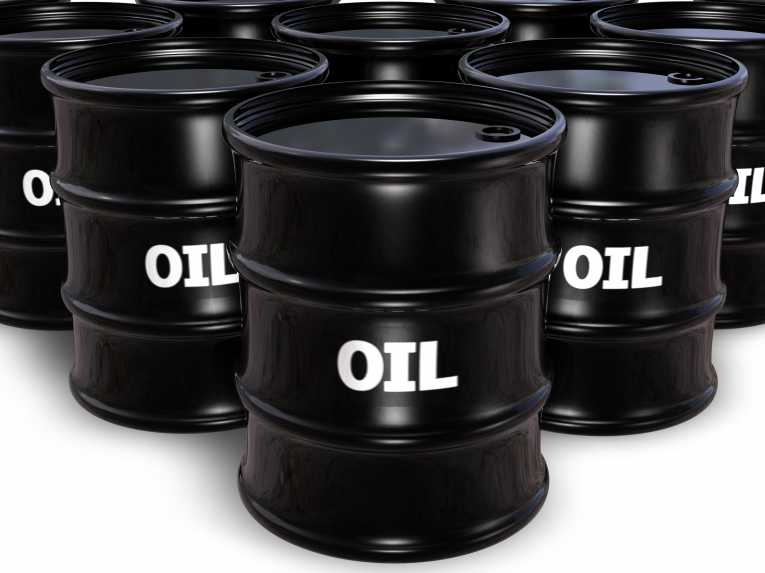From the first gush of wells tapping into the million-years old energy of liquid fossil fuels, civilization has been transformed. Oil has underwritten modern society's frenetic to and fro, from cars and trains, to boats and planes. It has formed the raw feedstock of a thousand-and-one products, from paints and cosmetics to pesticides and plastics. And it has turned farms into vast prairies of mechanization, helping to power bountiful crops through artificial fertilizers. In fact, much of the material excess at the disposal of today's consumer comes courtesy of 100 years of easy-energy from oil.
But as the ranks of nations snapping up the energy-intense vision of the developed world has grown, with the vast populations of China and India eagerly joining the party, some harsh realities are starting to kick in. Simply put, the oil pantry is starting to look increasingly bare; the long strides up of oil production, to meet burgeoning demand, have faltered. To many geologists, the long shadow of 'Peak Oil' is upon us - and that could mean serious problems for a world addicted to oil.
'Peak Oil' is simply a name for an observation for how extraction-rates from an oil-field vary through time. It was first put forward by a geologist, King Hubbert, in the 1950s. He noticed that the rate of oil production starts low, quickly rises along a steep curve - as new wells are bought on tap - and then peaks - before declining more or less sharply, as wells stutter to a halt. He noticed this rise and fall appears to happen whether looking at an oil field, a oil-producing region, or a country - and correctly predicted when US oil production would peak, in the 1970s.
The implication was that this 'rise and fall' would also happen at a global level - and would be marked first by a growing amount of oil being extracted, even as the amount of new reserves being added fell. That point has already been reached - back in the 1980s. We are now taking much more oil out of the 'oil pantry', every year, than we add from new discoveries. And global oil production has been a jagged plateau for much of the last decade - leading to some proclaiming that global 'Peak Oil' may already be upon us.
That may be worrying for many aspects of running the modern world - but does it have a silver lining for even bigger shadow being cast - that of man-made climate change. Could a reduced amount of oil use lead to less emissions, and so help to see the planet stabilize its global temperature rise? Optimists might see some hope in this natural self-correcting mechanism.
But the problem is that oil is not the only fossil fuel. Coal is a bigger greenhouse gas headache - and some are already looking at turning coal to liquids, to fill the gap left by oil. Then there are tar-sands, poor-quality oil and sand mixes that exist in vast quantities. They require huge amounts of energy to liberate their oil - and are very much a black-spot in the emissions picture. And tar sand production ramps up as oil prices rise. In short, with things as they are, it seems likely the energy industry will end up emitting more CO2 as oil becomes more expensive as it runs out
So 'Peak Oil' is a real challenge on the greenhouse gas emissions front too, and the choice is stark. It may be the spark to drive forward massive investment in clean renewable alternatives. Or it could be the prompt for the final choking phase of modern consumer society.










